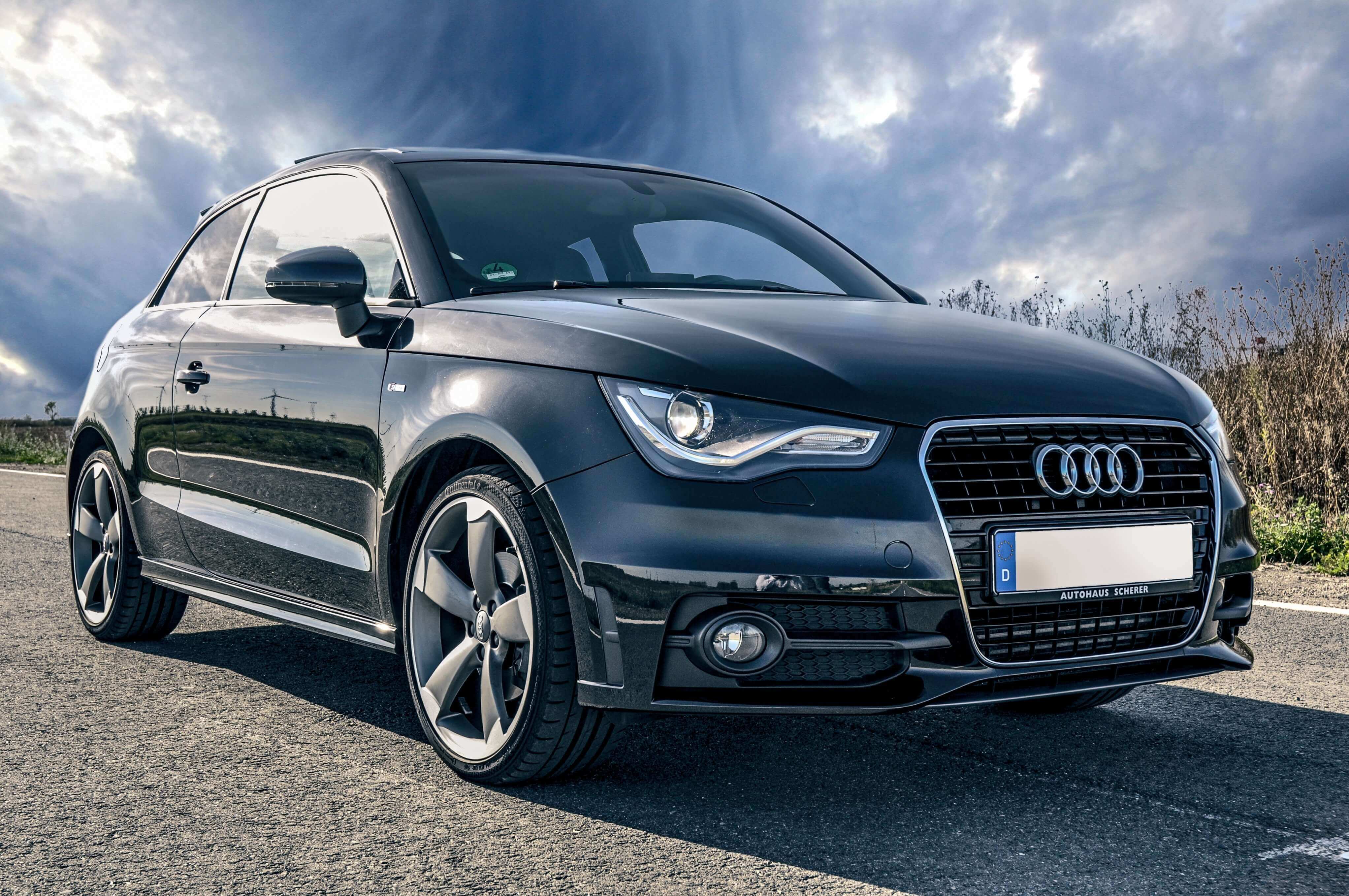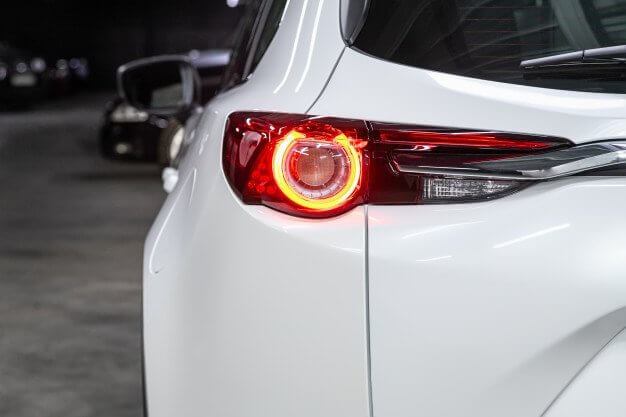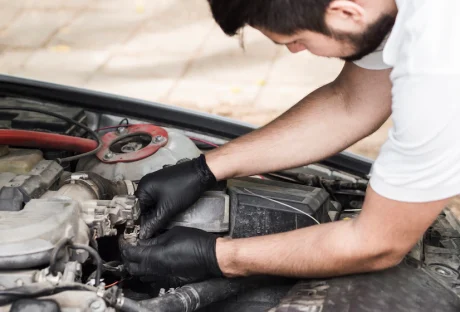One of the most affordable ways you can keep your car looking good and retain its value is by buying a car cover. The market is flooded with lots of options. It can be daunting to pick the right one for your car.
Covering your car is essential and they are used for different purposes. The major reason why you need a cover for your car is to keep your car clean and in the best condition when it is not in use. Other reasons why you need a car cover include:
- To protect your vehicle from pests, animals, and birds
- Keeping dust at bay
- Preventing your car from UV rays and rain
- To deter thieves
Some Key Questions To Ask Before Buying A Car Cover
Don’t just wake up one day and buy any cover for a car that attracts your eyes. There are many things you should think about so that you can get the cover for your car that suits your needs. Some of the questions you should ask yourself include:
-
Should I Buy A Waterproof Car Cover?
There are different types of car covers on the market that are made with different materials. Where you pack your car will determine the type of car cover to buy. For instance, if you do not have a garage and you park your car outside, it would be prudent to buy a waterproof car cover. The cover will protect your vehicle from rain when you park outside.
-
What Color Is Suitable For Your Car?
Most people don’t pay attention to the color of the car cover provided that it does its work. It is great to consider the color of the car cover before you buy. Do you want a model that matches your car? There are different color options on the market to suit the taste and preferences of many buyers. You can select the color you love but remember the color to matters when it comes to outdoor protection.
If you stay in areas where it is warm and sunny, it would be great if you buy a lighter colored car cover. I would recommend silver because it has great reflective qualities. Again, if your car has a light color, then you need a car cover with a light color.
-
Where Do You Park Your Car And How Often Do You Use The Car?
Do you park your car outside in the garage? Do you use your car as a hobby car or for a daily commute? If you park your car outside, you need to invest in a good car cover. This would call for a lightweight car cover that is perfect for outdoor use. Having a lightweight car cover makes storage and folding easy when you want to use the car.
If you park your car outside in places where children are likely to play, you need to have a quality car cover with an extra layer. There are many durable and scratch protection car covers that you will find on the market that will offer superior protection.
If you park your car indoors, you need a tight car cover that is designed from a heavier fabric. This is crucial in protecting your car from dust. You can also consider a model with extra padding that will be easy on the car’s paint.
-
What Are The Weather Conditions Around Your Place?
If you are a smart buyer, you need to consider the weather before you buy a cover for your car. You should be able to buy a car cover that will handle the climate in your area and weather conditions. For instance, if you live in places near the Atlantic or Pacific, you need a cover that can handle salt air.
If you live in wet areas, then you need a car cover that is water-resistant and breathable. If you live in a place where it is hot and sunny, you need a car cover with UV protection features.
Also Read: 5 Most Important Benefits of Car Title Loans
Other Tips That Will Help You Get The Best Car Cover
If you spent your money purchasing your beautiful car, you would love it to maintain its new look for many years. This is why having a car cover is crucial to protect your car when it is not in use.
-
Cheap Is Not Always The Best
The first rule when choosing a cover is to avoid settling for too cheap models. At the end of the day, you will get exactly what you pay for.
However, this doesn’t mean that you have to drain your bank to acquire the most expensive car cover. There are so many affordable models on the market that work well.
-
Reputable Dealers
Another thing that will ensure you buy a quality cover is buying from reputable dealers. The market is flooded with many sellers such that it can be hard to know the best. Do your research well and read reviews to find reputable sellers on the market. Find out how long they have been selling car covers? How is their customer service? Do they answer questions if you have a problem?
-
Clean Your Car
Many people buy quality covers but they end up compromising their function by putting them on a dirty car. This is wrong! After some time, you will hear many questions like, does your car cover scratch the paint on your car? The main reason why a car cover can scratch the paint is if you use it when your car is dirty. You need to clean your car first before you cover it.
Read Also: How To Handle A Car Accident?
Final Words
Finding the best car cover should not be problematic if you know what you are looking for. This guide covers some essential tips that will help you pick the right car items. Before you make your final purchase, take note of the above tips and you can be sure that will serve you well. Again, remember to choose a quality car cover from the top manufacturers on the market.
Read Also:






















